 | Carlos Coutinho is the R&D Manager at the SME Caixa Mágica Software, S.A., and Assistant Professor at ISCTE-IUL in Lisbon, Portugal. He holds a Ph.D. degree in Electrical and Computer Engineering, awarded in 2013 by the NOVA University of Lisbon (FCT-UNL), Portugal. He is responsible for the Cloud Computing area at ISCTE-IUL, where he also does research at ISTAR-IUL, with interests in Enterprise Interoperability, Adaptable Platforms and Systems, SOA, and Model-Driven Engineering (MDE). He has more than twenty years of experience teaching the fields of IT at Portuguese universities ISEL, ISCAL, ISGB and ISCTE-IUL. He has six publications in indexed international scientific journals and more than twenty publications in peer-reviewed international conferences, and is part of the scientific committee of four journals and six yearly international conferences. He was part of the Jury and Main Examiner in the viva voce of four PhD and seven MSc. He holds a Project Management Institute PMP title awarded in 2009 and a post-graduation in Project Management by Instituto Superior Bissaya-Barreto (ISBB) in Coimbra, Portugal. He has more than twenty five years of experience as an engineer in the enterprise IT area, working in several fields from ICT, Services, Public Administration and the Aerospace industry, in several multinational projects at CMS and other companies like Alcatel, Siemens and Critical Software. He participated and was the company responsible in multiple European Projects like Athena (FP6), TIMBUS (FP7), C2NET and vf-OS (H2020), and numerous ESA projects (EGOS, OCDT, SCOS-2000 and Galileo). |
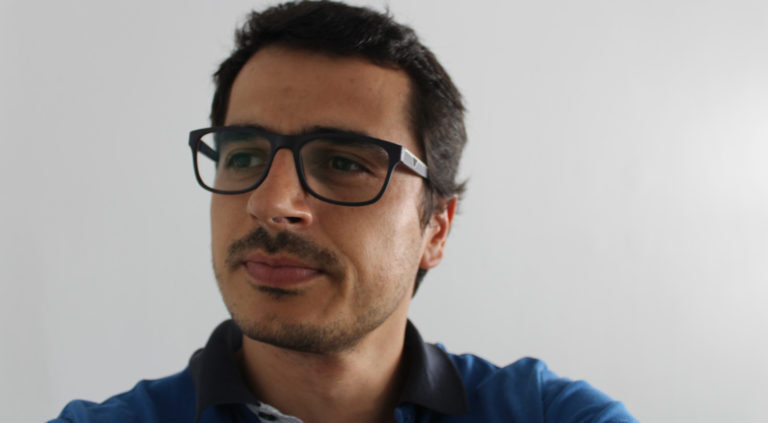 | João Paulo Fernandes is an Associate Professor at the Informatics Engineering Department of the Faculty of Engineering of the University of Porto, Portugal, and an integrated research member of LIACC. His research is focused on the rigorous analysis and transformation of software, with the general goal of optimizing its non-functional properties while still ensuring its functional correctness. For more than ten years now, he has been focused on optimizing the energy efficiency of software systems, an area in which he tries to provide developers with information and tools to support the development of energy-efficient software and at the same time that he seeks to support end users, namely of mobile devices, in adopting more efficient usage patterns. In these contexts, he has founded/coordinate(d) and/or is involved in projects and initiatives such as GreenHub, Green Sw Lab, GreenHaskell, Sustrainable and GreenStamp. His research results have been described in 70+ publications in high-quality international conferences and journals such as IEEE TSE, EMSE, JSS, ICSME, SANER ou SLE, and include award-winning publications, e.g., the “Data Showcase Special Mention Award” at MSR’19. He has integrated 40+ program committees for international conferences and journals, having been awarded the Outstanding Reviewer Award at SBES’19, and he is also an ISTQB® Foundation Level (CTFL) Certified Tester. |
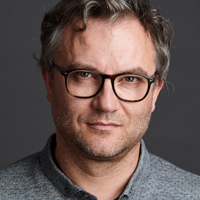 | Simão Melo de Sousa RELEASE Lab, NOVA-LINCS@UBI, Faculdade de Engenharia da Universidade da Beira Interior |
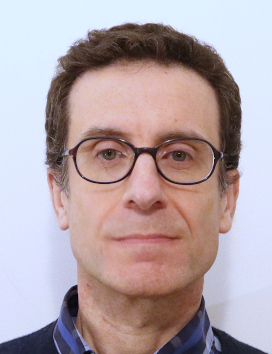 | Luís A. Alexandre NOVA-LINCS@UBI, Faculdade de Engenharia da Universidade da Beira Interior |
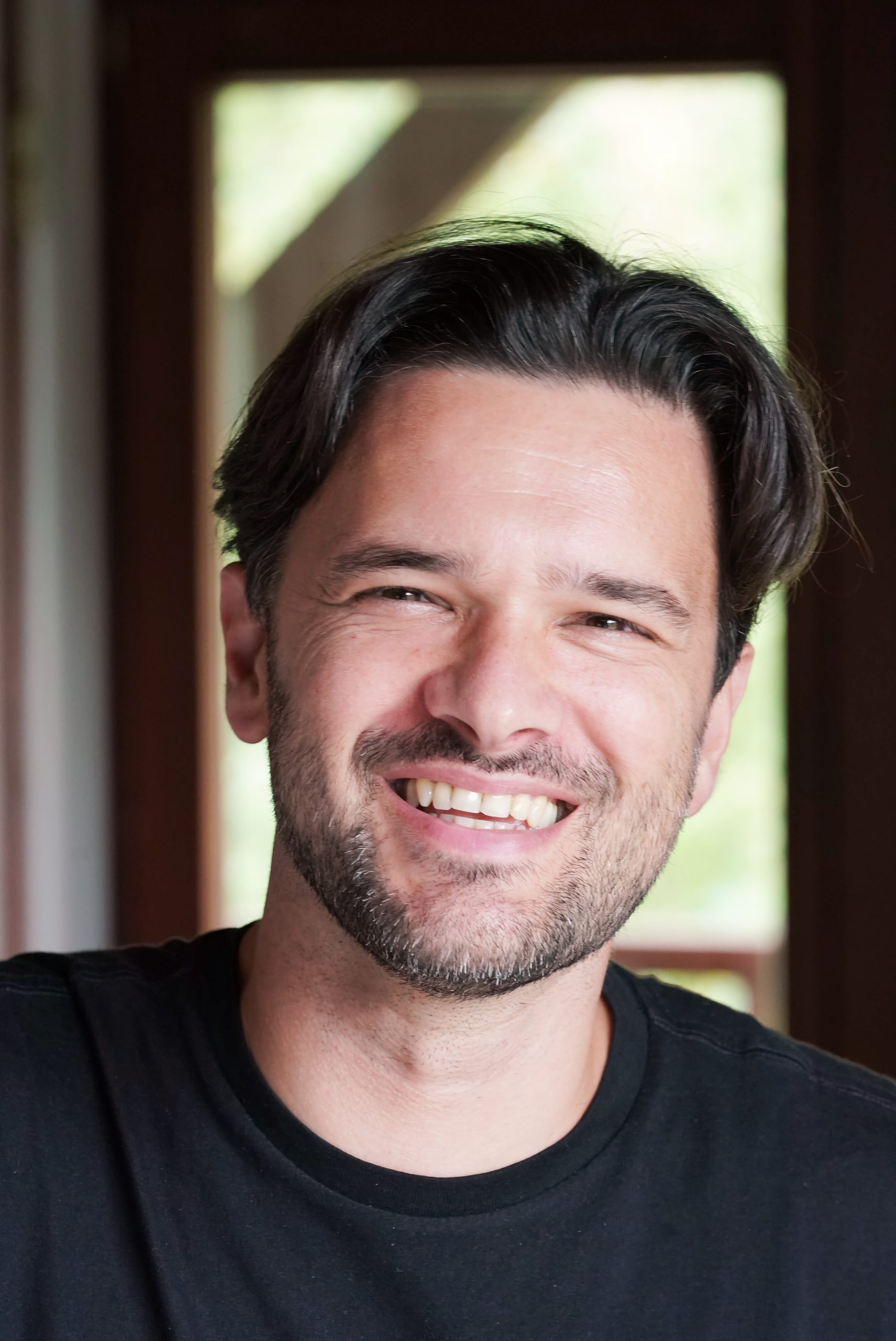 | Bruno Cabral CISUC, Departamento de Engenharia Informática, Faculdade de Ciências e Tecnologia da Universidade de Coimbra |
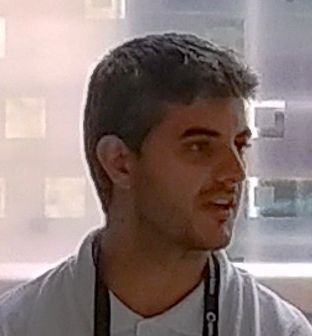 | Miguel Tavares Caixa Mágica Software |
 | João Coelho Caixa Mágica Software |
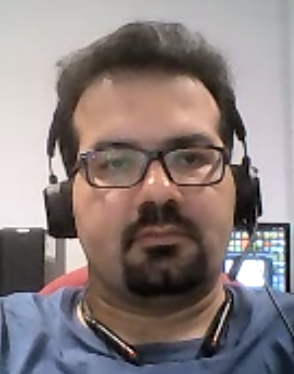 | Seyed Jalaleddin Mousavirad Faculdade de Engenharia da Universidade da Beira Interior |
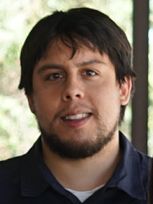 | Abel Tenera Caixa Mágica Software |
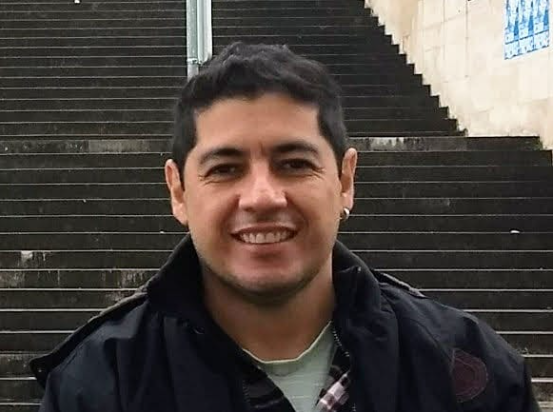 | João Ferreira is a postdoctoral researcher at the Department of Informatics Engineering at the University of Coimbra, Portugal. He completed his master’s and doctorate at the Informatics Centre of the Federal University of Pernambuco, Brazil. He has more than ten years of teaching experience at several universities in Brazil (UnisãoMiguel, Estácio, Faculdade ELO, FIS and UFRPE). His research is aimed at analysing energy consumption in data centres. João worked with formal models, dependability, optimisation and artificial intelligence. He has seven publications in international scientific journals and fifteen publications in peer-reviewed international conferences to date. In the Greenstamp project, He is developing research that relates to the impact of security issues on the energy consumption of mobile devices. |
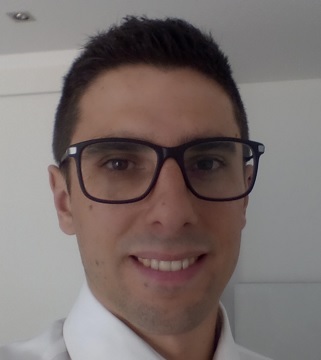 | Gonçalo Carvalho received the B.Sc. in Geography from the University of Coimbra (UC), the M.Sc. degree in Geographical Information Systems from the University of Trás-os-Montes e Alto Douro (UTAD), and B.Sc. in Informatics Engineering from Polytechnic of Coimbra (IPC), institutions in Portugal, in 2005, 2009 and 2016, respectively. After the experience as a web and software developer between 2015 and 2018, he currently has a studentship for his Ph.D. research from the University of Coimbra. His major research interests are in the areas of databases, distributed systems, edge computing, cyber-physical systems, and machine learning. |
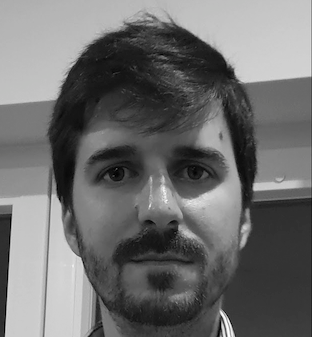 | João Correia CISUC, Departamento de Engenharia Informática, Faculdade de Ciências e Tecnologia da Universidade de Coimbra |
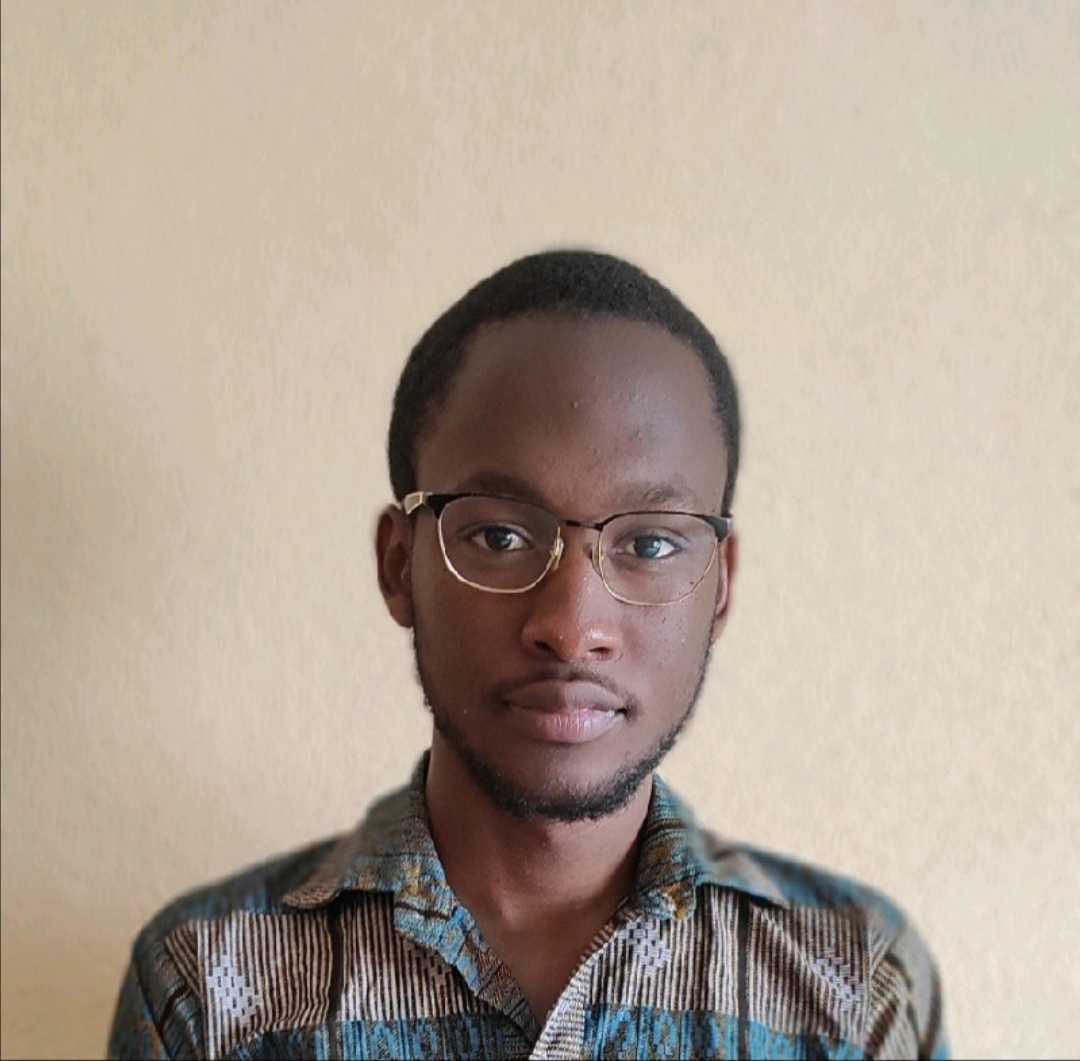 | Délcio Ferramenta RELEASE & UBI |
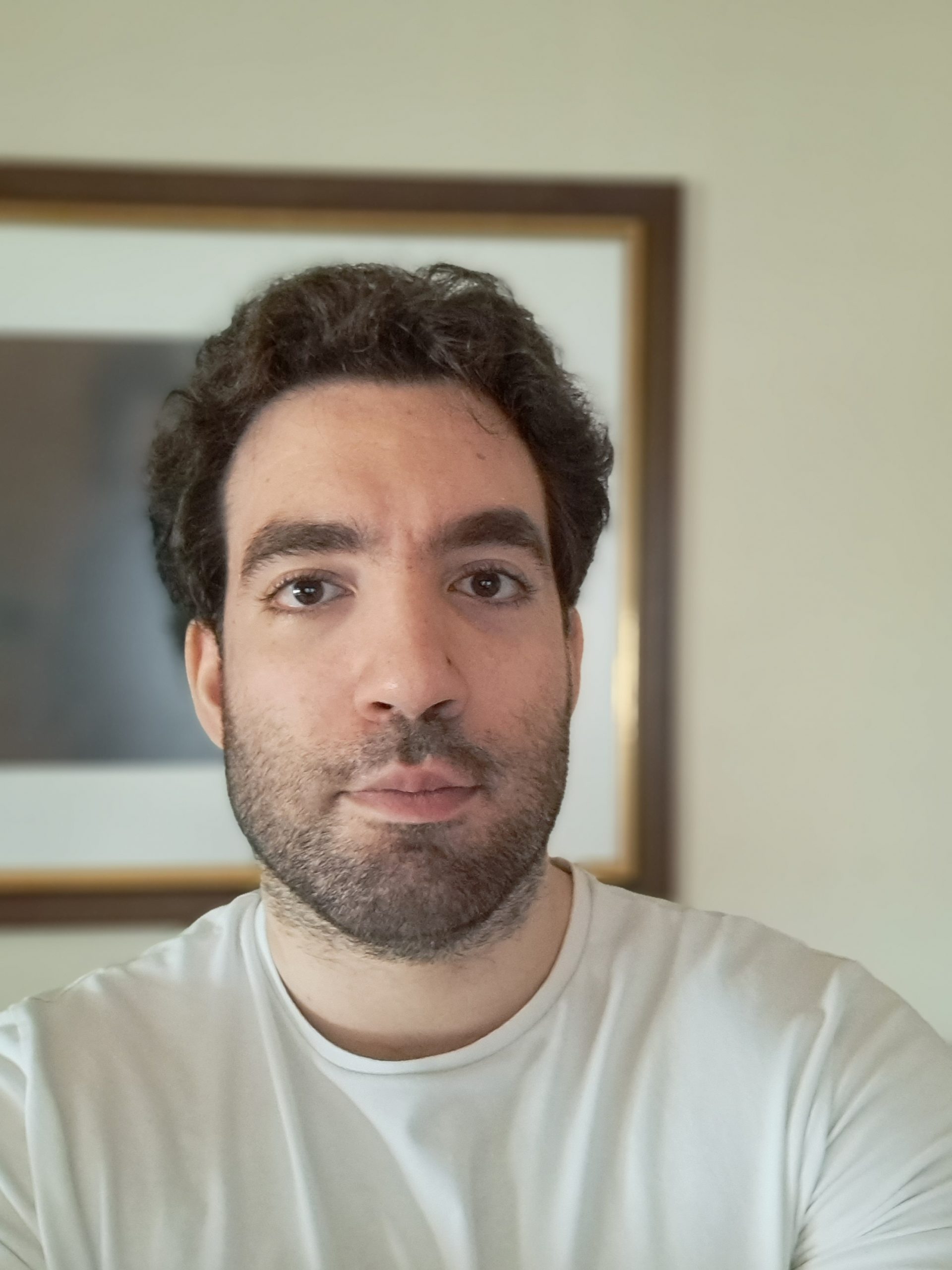 | Nelson Gregório Faculdade de Engenharia da Universidade do Porto |
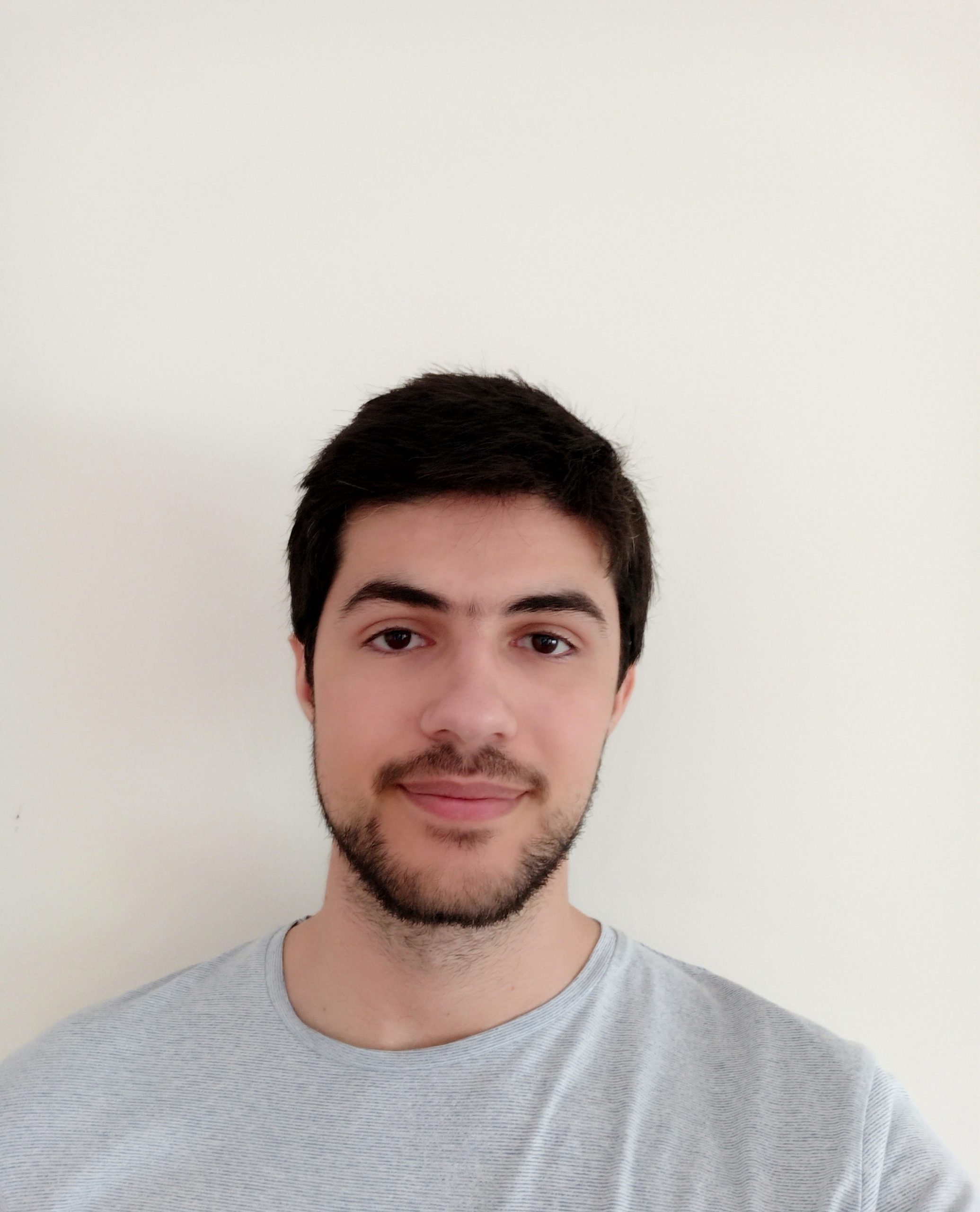 | André Moutinho Faculdade de Engenharia da Universidade do Porto |
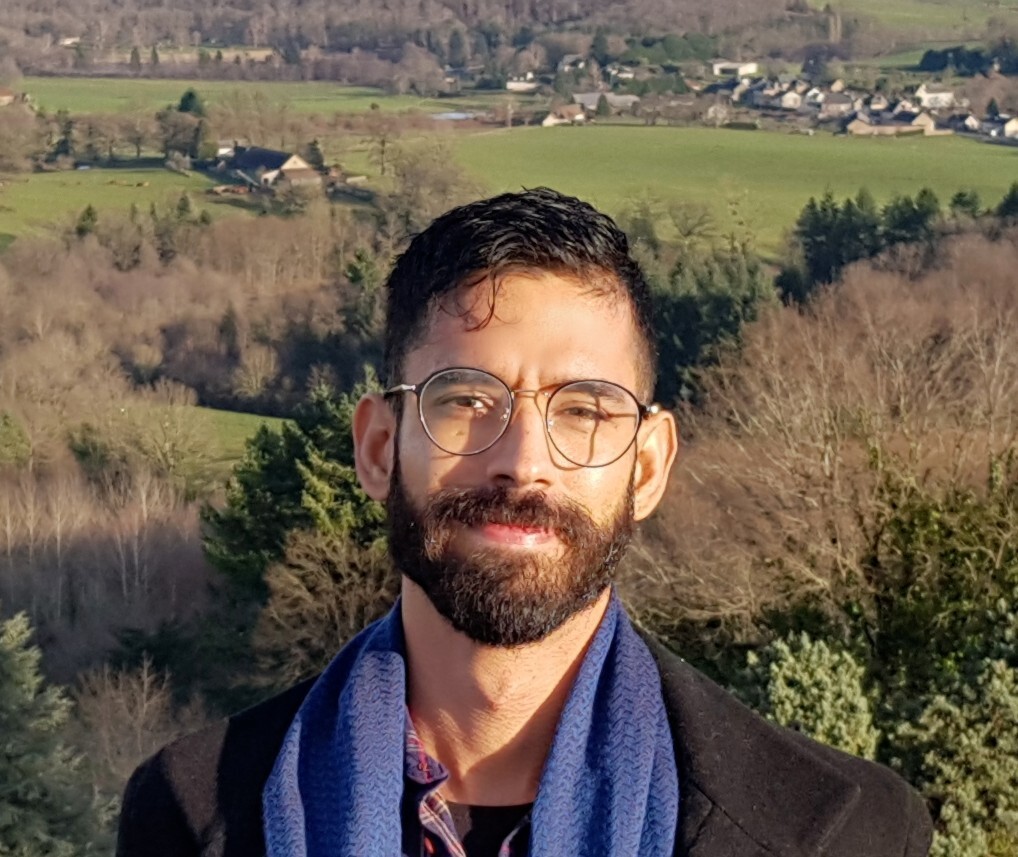 | Wellington Oliveira Wellington Oliveira, LASIGE, Departamento de Informática, Faculdade de Ciências da Universidade de Lisboa. |
 | Karima Velasquez got her BSc and MSc degrees from Central University of Venezuela, where she worked as a researcher in the Laboratory of Computer Networks. She got her Ph.D. degree in Informatics Engineering from the University of Coimbra, where she is currently an Invited Assistant Professor and a Researcher in the Laboratory of Communications and Telematics. She has been involved in the scientific and technical program committee of several international conferences and has participated in a number of national and international research projects. She has published over 20 conference and journal papers. Her current research interests include fog and cloud computing, service orchestration, and service placement. |
